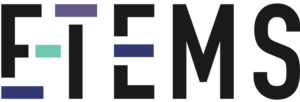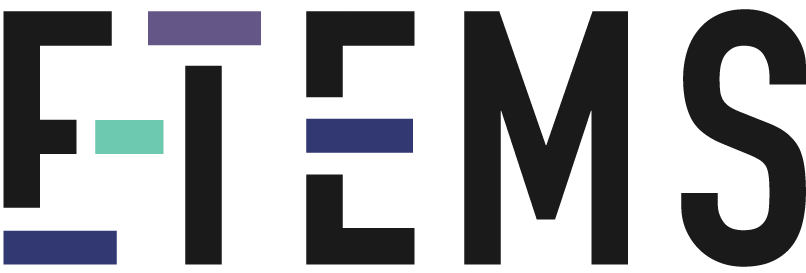DIGITAL TRANSFORMATION TOWARDS TRAINING & EDUCATION

Chaired by Rūta Čiutienė and Peter Arras
- How Colleges and Universities Are Driving to Digital Transformation Today: Conceptual Model of Digital University (Designed for the University of Georgia)
- Transformations Towards 5.0: Perspective of Industry, Education and Society
- Agile Framework for the Elaboration of E-learning Materials
- Competences and the Digital Transformation: Case Study of a German Management Consultancy
- Conceptual Framework for Implementing a User Education System Based on Blended Learning in Smart Cities
How Colleges and Universities Are Driving to Digital Transformation Today: Conceptual Model of Digital University (Designed for the University of Georgia)
– by Roya Anvari, Kumpikaitė-Valiūnienė Vilmantė, Mariam JanjariaAbstract
This paper attempted to present the concept of university digital transformation which aims to provide a conceptual model of a digital university and propose a framework in dimensions of digital transformation at The University of Georgia. It identifies the main opportunities and strategic documents of the university in line with its vision, goals, and strategies. We refer to digital concepts and offer insight for university staff and students and contribute to possible future organizational directions to achieving sustainable development. In this article, the key features of the digital university have been studied. It reviews the conceptual framework of digital transformation and tries to understand how universities learn from direct experience, learning technology-driven and innovation organizations, encouraging and creating a healthy and sustainable ecosystem, and how universities develop conceptual frameworks for interpreting that experience.
Transformations Towards 5.0: Perspective of Industry, Education and Society
– by Vaida Jonaitienė, Jurgita Barynienė, Asta DaunorienėAbstract
Agile Framework for the Elaboration of E-learning Materials
– by Peter Arras and Galyna TabunshchykAbstract
Digital transformation in all industrial and societal spheres causes a shift on to the required skills of people, educators, academics and researchers. To deliver these skills and competences news methods of delivering contents have been explored. Digital transformation in education and content delivery often means a shift to digital content. This paper summarizes an approach for the development of digital content for different digital learning modules and deliverables, based on the collaboration concepts of the Open Communities of Practice. With a defined methodological approach and a vision on instructional design, development of learning content and digital media for digitalized education is structured. This is especially important in international educational projects where developers and teachers are distributed over the consortium partners.
Competences and the Digital Transformation: Case Study of a German Management Consultancy
– by Nargiza Mikhridinova, Bertha Joseph Ngereja, Leonardo Sastoque Pinilla, Daniel Neumann, Carsten Wolff, Wim Van PetegemAbstract
Conceptual Framework for Implementing a User Education System Based on Blended Learning in Smart Cities
– by Rūta Čiutienė, Nataliia Kholiavko, Andrii Karpenko and Dmytro PlynokosAbstract

